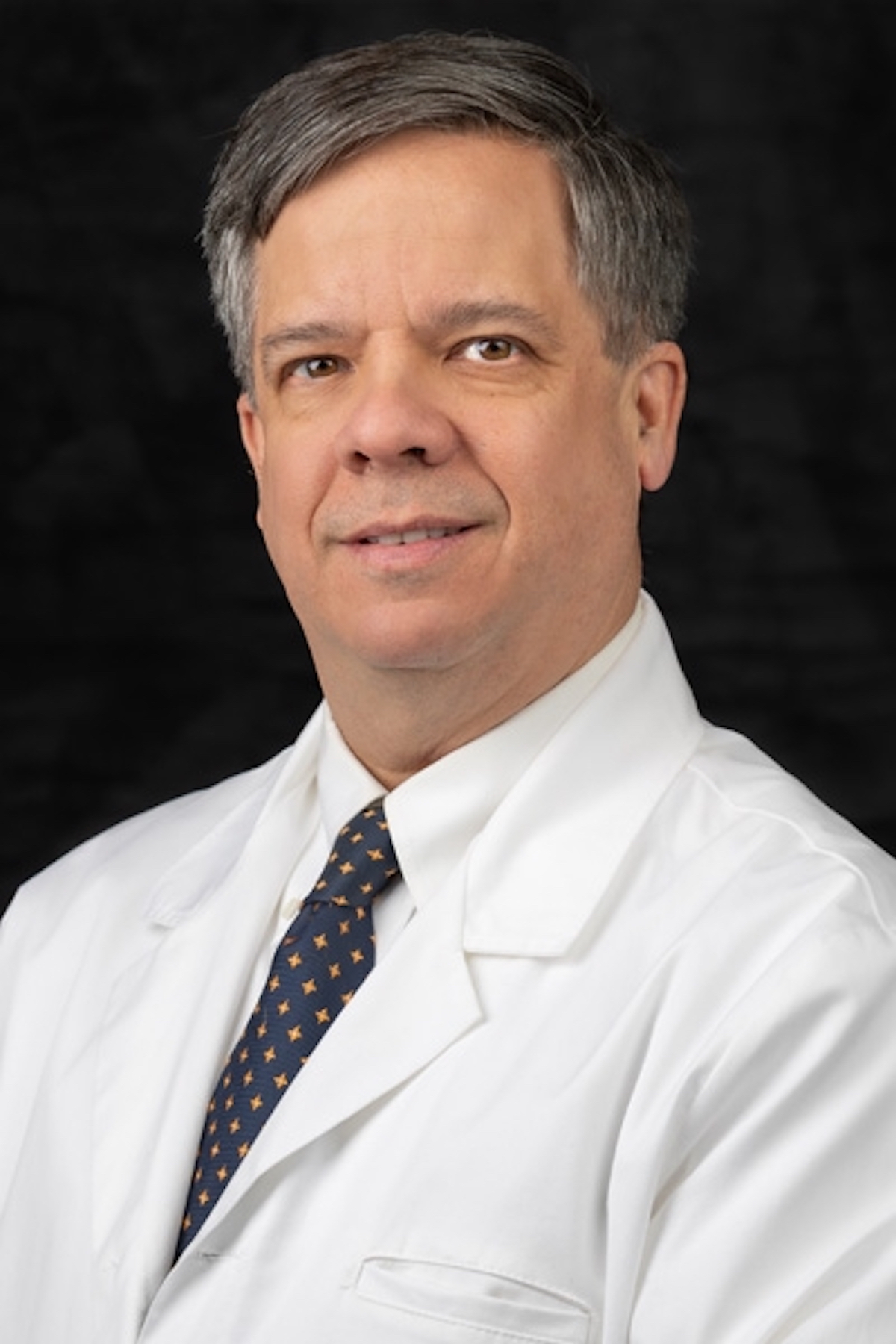
By Dr. William Clare
Beaufort Memorial Lady’s Island Internal Medicine
Your immune system is a powerful ally. It’s responsible for identifying and attacking organisms that invade the body and cause disease.
The immune system is the network of organs, cells and proteins that help your body fight against infections and keeps you healthy.
When it works, it’s a beautiful thing.
Autoimmune diseases are conditions that result from “autoimmunity,” which is when an individual’s immune system mistakenly attacks and destroys healthy tissues in the body.
These diseases can attack a single organ or multiple organ systems within the body, and range from mild in their severity to debilitating and disabling. These disorders can occur as a result of several factors, including genetics, environmental influences and gender.
There are more than 80 autoimmune diseases — each one with a slightly different mechanism of attacking the body.
According to the American Autoimmune Related Diseases Association (AARDA), nearly a fifth of the U.S. population — or 50 million people — suffers from an autoimmune disease. More than 75 percent of those affected are women.
There are some genetic risk factors that predispose you to developing autoimmunity, and researchers are trying to determine exactly why; it could be the interaction of specific genes and environmental factors that lead to autoimmune diseases, but scientists don’t yet know exactly how.
One thing researchers are trying to better understand is why autoimmune diseases are becoming more prevalent. Although autoimmune diseases run in families, the increase is occurring faster than genetics can account for.
Type 1 diabetes, for example, is increasing at a rate of 2 to 5 percent per year worldwide. Several studies looking at autoimmune disease prevalence shows the annual increase to be between 3 and 12 percent. Type 1 diabetes is an autoimmune disease that attacks the pancreas and its ability to produce insulin, affecting about 1.25 million Americans.
The treatment for Type 1 diabetes is daily insulin injections or an insulin pump to ensure the body gets the right amount of insulin to manage blood sugar levels. It’s not a cure, but with daily insulin and good blood sugar control, a person with Type 1 diabetes can live a long and healthy life.
The immune system slows down with age, which makes it harder for the body to fight off illnesses and recover when they develop. Getting older also increases the risk of developing autoimmune diseases and reduces the system’s ability to correct cell defects, leading to a higher risk of cancer.
To keep your immune system strong as you age, there are a few key habits to incorporate into your lifestyle, including regular exercise, a healthy and balanced diet and getting enough sleep.
For people with an autoimmune disease, managing the physical impact of their chronic condition is critical. But treating the problem is not the same as eliminating the disease. It’s important to have support and understanding from loved ones.
If you’ve been diagnosed with an autoimmune disease — or any chronic condition — talk to your healthcare provider about a referral to a support group or a mental health expert who can help you cope with your thoughts and feelings.
William P. Clare Jr., M.D., is a board-certified internal medicine specialist at Beaufort Memorial Lady’s Island Internal Medicine. He works with his patients to prevent, diagnose and treat acute and chronic illness.
Upcoming OneBlood blood drives
In November, OneBlood is hosting five different blood drives at Beaufort Memorial locations around the area. Visit OneBlood.org to schedule a donation at one of the following drives:
- Monday, Nov. 17 – Beaufort Memorial Hospital (955 Ribaut Road, Beaufort, SC), 9 a.m. to 4 p.m.
- Tuesday, Nov. 18 – Beaufort Memorial Medical and Administrative Center (990 Ribaut Road, Beaufort, SC), 9 a.m. to 5 p.m.
- Wednesday, Nov. 19 – Beaufort Memorial Lowcountry Medical Group (300 Midtown Drive, Beaufort, SC), 11 a.m. to 4 p.m.
- Thursday, Nov. 20 – Beaufort Memorial Okatie Medical Pavilion (122 Okatie Center Blvd., Okatie, SC), 9 a.m. to 4 p.m.
- Friday, Nov. 21 – Beaufort Memorial Lady’s Island Internal Medicine (117 Sea Island Parkway, Lady’s Island, SC), 8 a.m. to 1 p.m.

